
Why is Switzerland still a valued strategic location for P&SC
After a challenging 12 months for the Supply Chain sector, Neil Cope, Director - Procurement, Supply Chain & Operations, looks at why Switzerland is still a valued strategic location for Procurement & Supply Chain…
One of the most asked questions we have had from candidates and, indeed, clients so far this year is, “How is the market currently?”
In response to this, we are pleased to share with you the following observations.
EMEA Recruitment is seeing an increase in the number of businesses looking to base their Supply Chain head offices in Switzerland. This uptick is mostly from Life Sciences businesses and is, of course, great news for candidates in terms of opportunity.
There are multiple reasons that Switzerland is a great location for a strategic Supply Chain office.
Firstly, the top talent on offer. It is no secret that the top talent within Europe and beyond often relocates to Switzerland. The higher standard of living, proximity to nature and professional growth are just a few reasons top candidates pick Switzerland as a professional base.
Another reason Switzerland is picked as a strategic headquarter is the diversity of thought – culturally diverse teams produce more balanced and neutral decisions. This allows for businesses to make decisions with less bias.
It is also an economically stable country that resists downturns and remains comparatively buoyant.
But we are interested to hear from you: Why do you think Switzerland is a great base for a strategic Supply Chain head office? And what impact do culturally diverse teams have on your operation?
EMEA Recruitment understands that the Diversity & Inclusion discussion is more essential than ever before, which is why we’ve placed it at the heart of our business and recruitment process moving forward.
Get in touch with Neil to discuss your operations further, by emailing: [email protected]
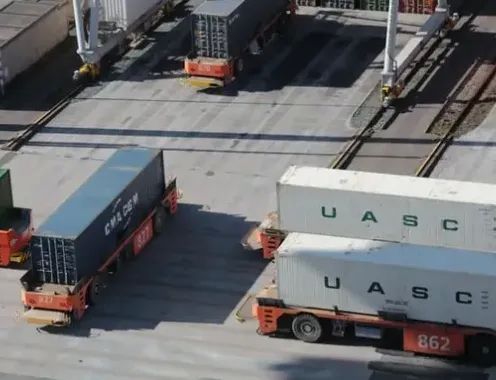
Logistics Leads the Way
“The line between disorder and order lies in Logistics…”
Given the past 12 months have seen some of the most challenging moments of our lifetimes for Supply Chains, economies, and mobility of goods and people, the value on robust Logistics has never been more prominent.
Prices are increasing, mobility is being challenged on unprecedented levels and we are seeing a global container crisis to boot. So, how is this affecting the job market in Switzerland?
Unsurprisingly, the job flow in the Logistics area, in particular, is seeing a significant uptick. This is not to downplay the increases across other Procurement, Supply Chain and Operations areas that we are seeing, but it is the movement of products where businesses (whether that’s Consumer Goods or even Pharmaceutical) are seeing the biggest challenges.
The response has been clear – the businesses with the strongest, resilient Supply Chains and Logistics operations are not only surviving, but look set to flourish as we enter the next phase of the COVID-19 pandemic.
Of course, in turn, this drives the need for top senior talent and niche skillsets in the Logistics function. Here at EMEA Recruitment, we are seeing first-hand how this is something that businesses across Switzerland are looking to address.
Positions driven towards global strategic Logistics responsibilities are significantly up year-on-year and, with the impacts of Brexit still filtering through, alongside the ongoing challenges around the pandemic, this is a trend that we are fully expecting to continue.
During these ever-challenging times, we work with our clients to understand their changing business requirements. To discuss your specific Logistics needs across Switzerland, please contact Director of Swiss Procurement, Supply Chain & Operations, Neil Cope at: [email protected]
If you are based in the Netherlands, our Managing Director, Richard Bailey, will be able to help you – get in touch at: [email protected]
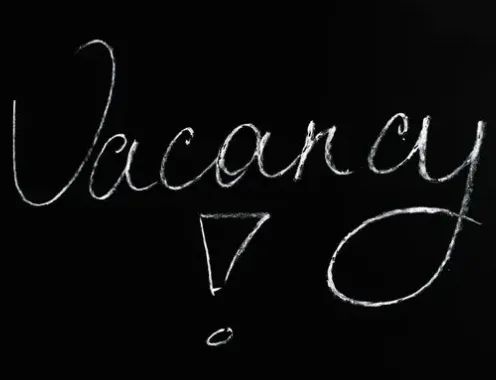
Q2 2021: Finance Market Update in Switzerland
Ahead of Q2 2021, we provide an update on the Finance market in Switzerland…
The first quarter of 2021 offered some promising signs of recovery within the Finance market in Switzerland, notably through the volume of opportunities available, but also evidence of higher levels of confidence amongst senior leaders.
During the second half of 2020, the word missing from recruitment conversations was “plans”, as the overriding feature was a short-term mentality, due so much uncertainty regarding COVID-19.
The positive news about vaccine efficacy, despite short-term concerns about the speed of the vaccination programme, is instilling hope of a more normal life this year and, therefore, greater focus on business plans and development. This is likely to result in an increase in opportunities within the Finance market, as projects start/recommence and recruitment freezes are removed.
Despite the expectation of easier recruitment in a market that has experienced major change and an economic downturn, the reality is that many companies that have advertised vacancies have failed to recruit and have had to re-advertise their roles. There are numerous reasons, but some of the feedback we have gained from clients and candidates includes:
- High volume of applications is putting pressure on Talent/HR teams
- Negative employer brand experience is a consequence of the lack of feedback
- Individuals in permanent roles are still cautious about moving jobs, but are starting to slowly return to the market
- Applications to direct advertisements are often not relevant/less targeted than previously
- The lack of salary information on advertisements, when combined with significant variation in salaries with similar job titles, is making targeted applications difficult
As we move towards a more normal employment market, it is likely that we will see a battle for talent, as the number of opportunities increase, which may result in pressure on salaries and growth in the number of employers providing counter offers to retain their valued employees.
To discuss any recruitment issues you may be having, get in touch and we will look to help you in any way we can – our Director of Finance in Switzerland, John Bower, is available at: [email protected]

Remote Working and Onboarding New Candidates
It’s no secret that this past year has been a challenging one, both on professional and personal levels. With many of our clients now working from home, one question that we do see from most of the candidates that we speak to is, Is the client flexible on remote working?
One trend that certainly became apparent was that, at the beginning of the pandemic a whole year ago, working from home was new for a lot of professionals.
However, we found that many people initially enjoyed this new way of working, especially with the flexibility that it offered, let alone the improved commuting. I think in general, people thought that we would be working from home for a month as a maximum. A year later, here we are, still working from home.
It is safe to say, a lot of people are bored of working from home constantly and would certainly like at least two or three days in the office. There are, however, some companies that have taken this to a whole new level.
Spotify, for example, announced that they are going to introduce a policy for flexible working, so you can work from wherever you choose, whether that be in the office, at home, or presumably by the pool at a nice 5* hotel.
On the other hand, there has been a number of instances where home working has been more efficient for people. As an example, some senior Finance professionals have found that they’re more productive and able to have a better work-life balance; even small things, like taking the dog for a walk at lunch.
For the most part, recruiting has not been the main challenge that our clients have faced during the pandemic. Largely, the challenge comes with onboarding of new employees to the business, with most people starting their new journeys working from home straightaway.
Often, the only time people have met their new work colleagues and superiors has been via a video call. Initially, this might not feel like such as big issue, but simple things such as ensuring access to a system is working correctly or a quick question on process can sometimes feel like it takes forever to get an answer.
For instance, the person you need to speak with may have calls planned all day, they might be away from their desk or you just simply cannot get hold of them. Something which should only take 5 minutes can take up to an hour or more, just because you can’t just go and have that conversation whilst making a coffee or introducing yourself as a new colleague.
On the bright side, however, since the beginning of this year, people have become accustomed to these new ways of working and, even with the news of the vaccine, we’ve found that people are generally more positive that there is light at the end of the tunnel. Not only that, we think we have all become so much better at using and utilising the technology around us, which can only be a good thing moving forward.
If you have just started you new role, or are in need of adding people to your team and have any difficulties or concerns with the points mentioned, then please do feel free to reach out. We have dedicated HR recruiters, Keely Straw in Switzerland and Katie Insley in the Netherlands, who will be more than happy to help.

Q2 2021: Procurement & Supply Chain Market Update in the Netherlands
As the vaccine rollout begins to ramp up across Europe, it’s no surprise to see the market rebounding by the week. Here, we look specifically at the market trends we’ve been seeing across the Procurement & Supply Chain sectors within the Netherlands.
Many of the conversations we’ve been having with clients are centred around how the market is looking as we enter Q2. So, after a difficult 2020, it’s promising to see a significant increase in the number of Procurement & Supply Chain opportunities emerging within the Dutch market.
The start of 2021 has seen many corporations embark on large-scale Procurement transformations, no doubt as a knock-on effect of the increased focus being put on Procurement, as businesses look to recover from such a challenging period.
Similarly, Supply Chain risk management has never been more critical, so it’s unsurprising to see an increased demand for such skillsets within the Netherlands. In particular, the FMCG and Pharmaceutical sectors are recovering well, and, as recruitment freezes begin to lift, we expect to continue to see an uplift in opportunities across other sectors.
Overall, the general message is positive and we’re seeing lots of exciting opportunities on the horizon within Procurement & Supply Chain disciplines. If you or anyone in your network would like to find out more, please do not hesitate to reach out to us and we can arrange a confidential discussion with you.
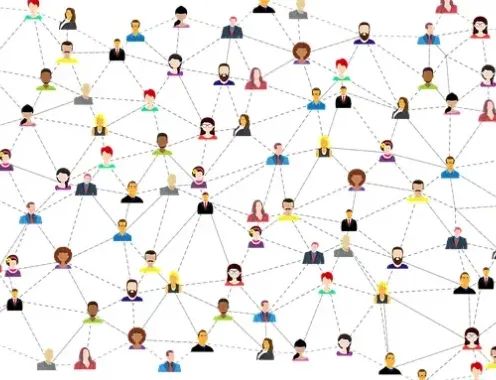
Q2 2021: HR Market Update in the Netherlands
As we enter Q2 2021, our HR experts in the Netherlands give an overview of the market…
The Human Resources market in the Netherlands has seen a positive start to the year, with businesses forging ahead with recruitment plans during Q1. The roles available have spanned across all aspects of Generalist and Specialist HR, with an uplift in both permanent and interim positions.
We’ve seen a significant increase in positions relating to HRIS and People Analytics, as HR functions look to add more strategic value through data-driven decision-making.
We had the opportunity to partner with Crunchr, running a virtual event on The Art of the Possible with People Analytics, hosted by our Associate Director, Katie Insley, and Crunchr’s Founder and CEO, Dirk Jonker.
Dirk took the delegates through the differences between HR, People and Workforce Analytics, and provided specific analytical examples of how data can allow for better decision-making around talent development, succession planning, flight risk and sourcing strategies.
Diversity & Inclusion remains a key focus in the HR market, and EMEA Recruitment is proud to be partnering with some key clients on Diversity projects linked to removing unconscious bias when recruiting. If you’d be interested in hearing more about our approach to this, please do let Katie know: [email protected]
We’re also pleased to share that we ran a virtual roundtable in June with a panel of well-respected D&I leaders, answering questions from the HR leaders in attendance and discussing topics such as, Who should own D&I in a business, should it be led by HR or by the CEO?
Further events in the calendar included our Growth Mindset webinar, hosted in collaboration with Netflix, Heineken and Danone.
Offering her HR insight was Melissa Muirhead, the Global HR Director – Finance at Heineken. Melissa was joined by Robertjan Dekker, the Vice-President, Controller EMEA, APAC, LATAM at Netflix and Armijn Verweij, the VP Procurement Excellence at Danone.

EMEA podcasts
The EMEA Recruitment podcast welcomes guests from across our network and beyond to share their career journeys, advice, and inspirational stories.




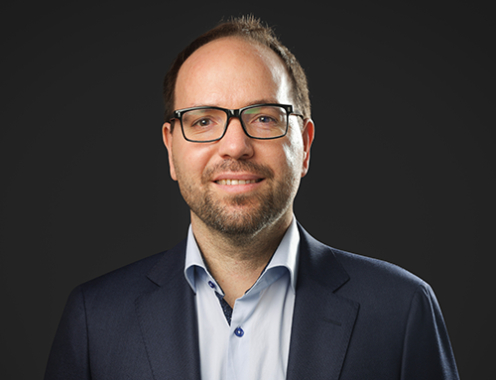
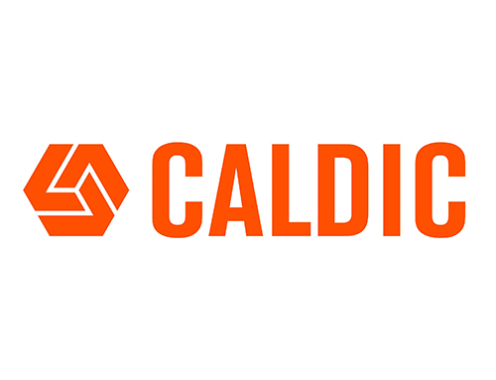
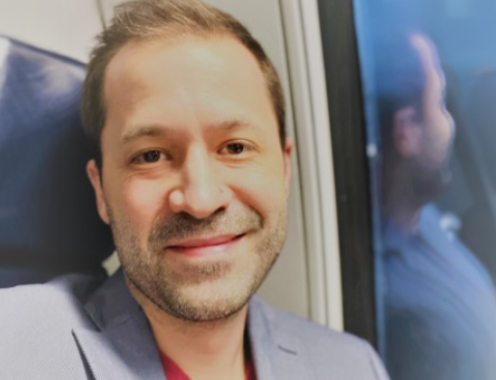
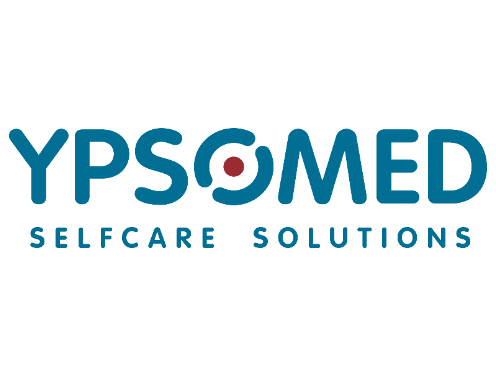
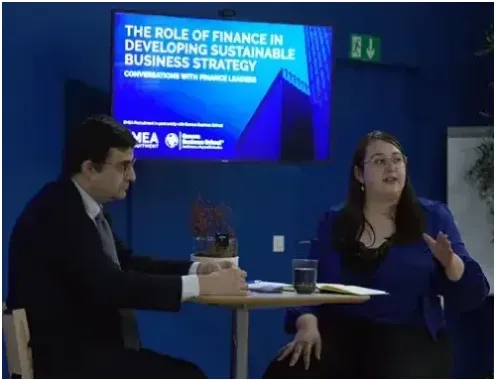
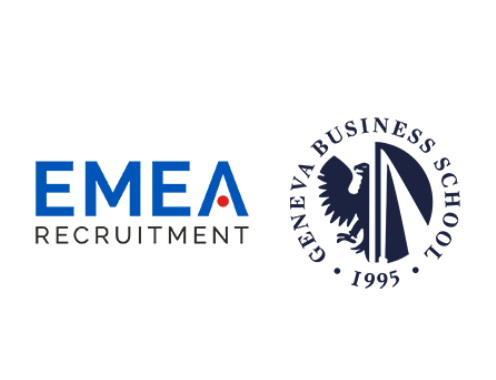
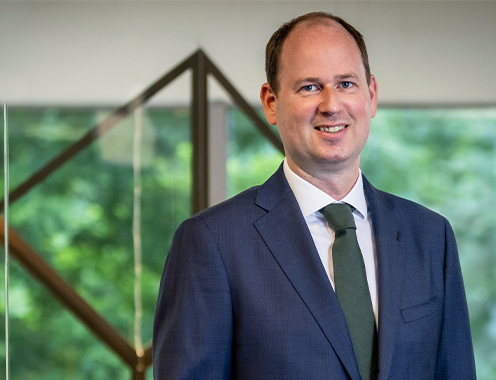
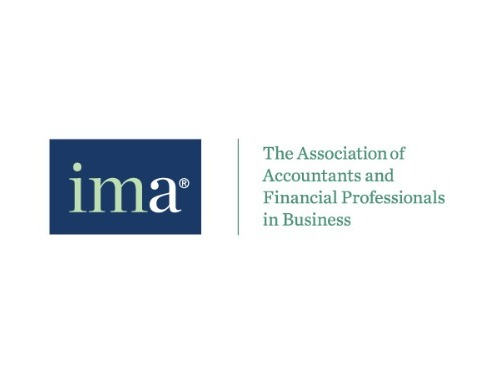
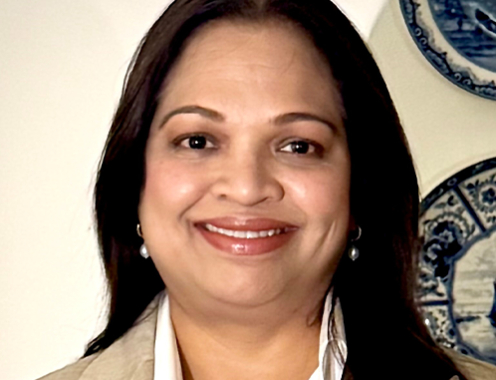
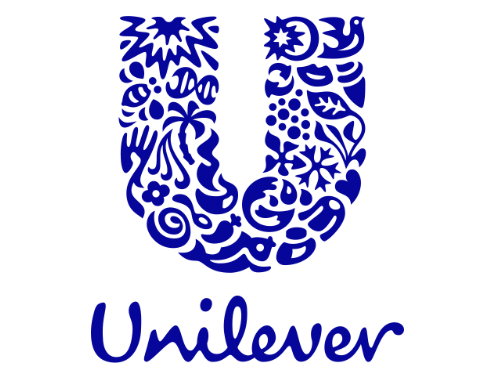
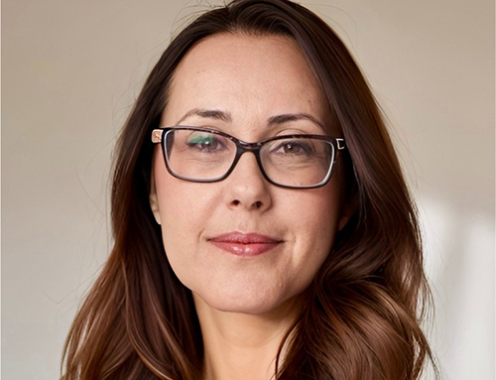
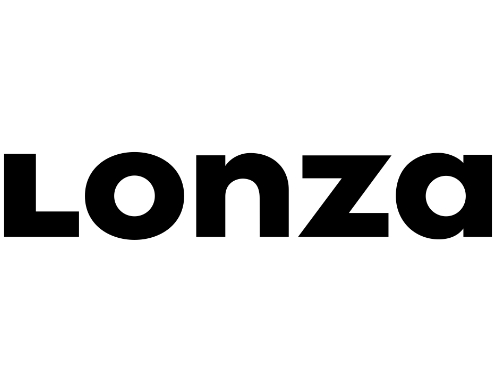
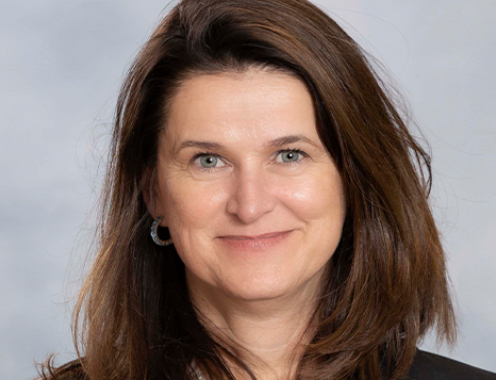
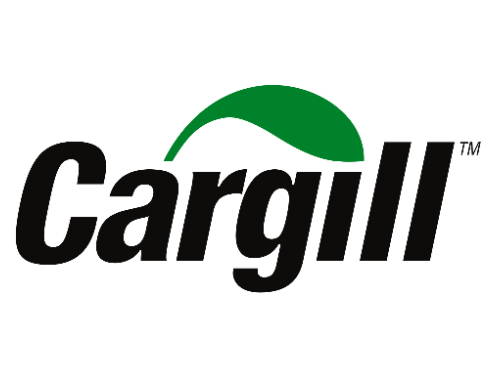
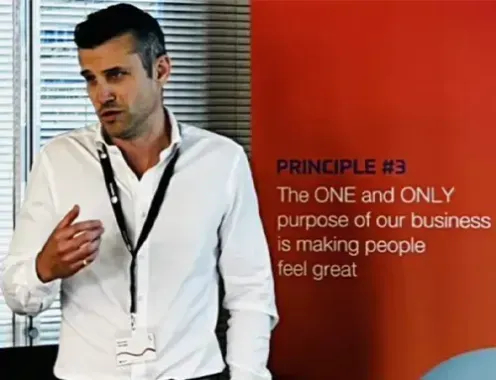
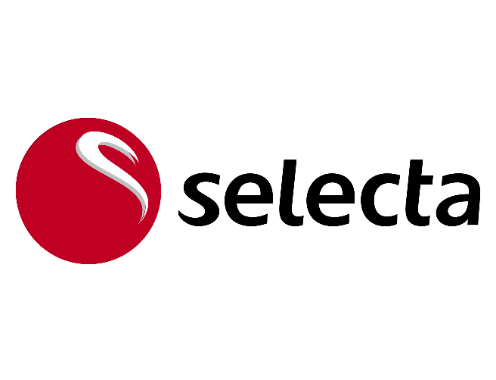
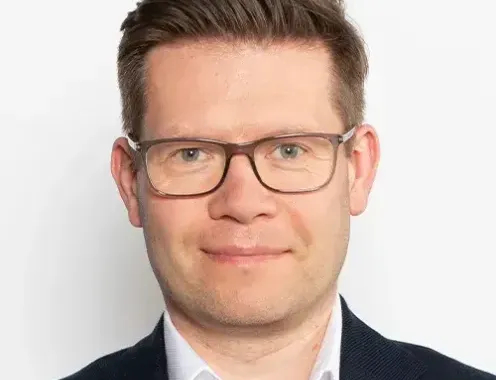
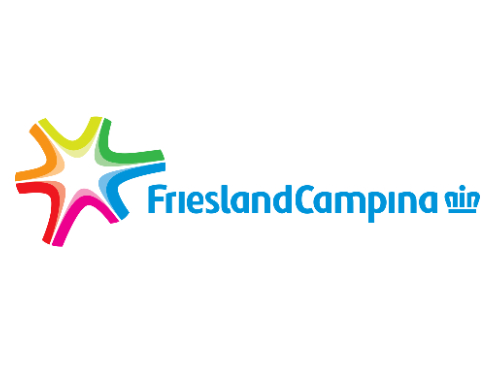


You can also use your social account to sign in. First you need to:
Accept Terms & Conditions And Privacy Policy